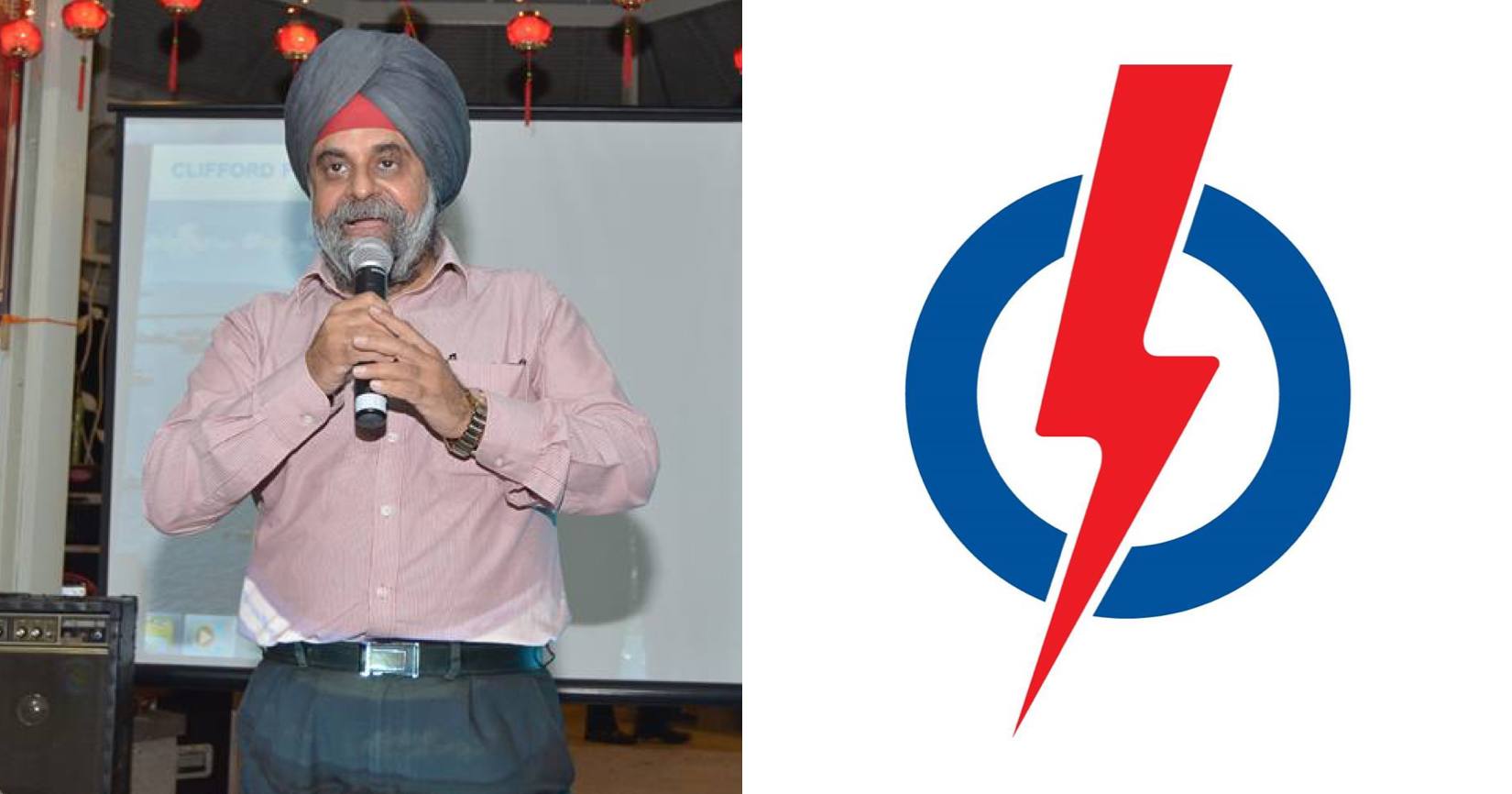Inderjit Singh, former People's Action Party (PAP) Member of Parliament who previously campaigned with Prime Minister Lee Hsien Loong in Ang Mo Kio GRC, gave his thoughts on GE2020 in two Facebook posts on July 12.
In the first post, he called it a "watershed election" and compared 2020 to 2011, noting that the PAP had improved its vote share by just one per cent. 2015 is seen as an anomaly due to the passing of Lee Kuan Yew. Inderjit said:
"Singaporeans need to ask ourselves – is this 1 per cent improvement over 2011 good enough considering that the odds were stacked against the opposition in this GE and typically when the PAP calls for an election in moments of crisis as it did in 2001, they tend to do very well. Further, there were four budgets rolled out to help Singaporeans just before this GE."
How different segments of the population voted
Inderjit analysed how the different segments of the population likely voted. He divided them into older voters, heartlanders, younger voters and the "sandwiched class".
Older voters
Older voters include the Pioneer Generation and make up about 400,000 votes. Inderjit believes they mostly supported the PAP due to their first-hand experience of Singapore's rapid development, and benefits such as the Pioneer Generation Package.
Heartlanders
Heartlanders, described by Inderjit as "mainly those who live in smaller HDB flats", also mostly supported the PAP. He believes this group are mainly concerned with bread-and-butter issues and are grateful for the financial support they received from the recent budgets.
Inderjit also noted that the Workers' Party (WP) and other opposition parties may have found it difficult to reach out to this group as physical rallies were forbidden due to Covid-19.
Younger generation
Inderjit also believes that the younger generation, including the millennials, voted against the PAP. He said:
"They want to have diversity of views; they want more contestation of ideas and are not content with one party just pushing their policies without enough debate. They want to be more involved and don’t accept the bureaucratic style of the PAP government."
Although parties could not hold physical rallies, Inderjit said that the opposition made "very good use" of social media and online rallies to get their message through to the younger voters.
In contrast, the PAP's online campaign was "lacking", and Inderjit also mentioned "PAP-friendly sites" which were engaged in hitting below the belt and "character assassination" instead of debating ideas and policies. He added:
"Sentiments expressed among this group online reveal that they disagreed with what some have called “gutter politics”. The younger voters appeared to be displeased with the PAP styles of campaigning."
Sandwiched class
Finally, he addressed the "sandwiched class", made up of middle income, middle-aged voters, including PMETs. Inderjit said the PAP failed to win over this group, who are educated and social media-savvy, but underemployed, with many resorting to taking jobs in the gig economy.
He said the PAP did talk about jobs, but failed to convince these voters how the jobs would be created. Inderjit also noted that while this group was willing to vote for established parties and credible candidates, in places where the weaker opposition parties ran, they still voted for the PAP.
Style of campaigning
Inderjit had two criticisms of how the PAP ran its campaign.
Firstly, he said the PAP went back to the 1980/1990s playbook of personal attacks and name-calling.
Inderjit pointed out two incidents -- the withdrawal of Ivan Lim as a PAP candidate, and the police reports regarding WP's Raeesah Khan allegedly making racist comments.
Voters want a more compassionate PAP
The opposition also largely refrained from attacking individuals, as opposed to policies, Inderjit said.
When Ivan Lim decided to withdraw after heavy criticism from the public, it did not appear to be initiated by the opposition. When addressing the issue, WP chief Pritam Singh said that while parties observe their candidates as much as they can, he believed there was no "failsafe mechanism" when it comes to completely ruling out controversy.
However, when Raeesah Khan came under scrutiny, the PAP issued a statement accusing Khan of making "highly derogatory statement about Chinese and Christians", and asked why the WP still considered her suitable of being a candidate. Inderjit said:
"The young voters were especially agitated by Raeesah Khan being hit with a sledgehammer. The young voters were disappointed by the PAP’s approach. Forcing WP to declare their views on Khan were perceived as bullish which did not go down well with not just younger voters but even older voters who want to see a more compassionate PAP."
Should have focused more on the manifesto
Secondly, Inderjit contends that the PAP "lacked focus" on their own manifesto, which outlined plans to fight Covid-19 and secure good jobs for Singaporeans.
Instead, Inderjit believes they got "caught up" in side issues like taking Chee Soon Juan and Paul Tambyah of the Singapore Democratic Party to task for making false statements, and focused on "discrediting individuals" in the opposition rather than discrediting their manifestos.
Inderjit said that this style of campaigning was outdated, and opposition candidates should not be viewed as enemies when everyone has the same goal of making Singapore better.
He added:
"It would have been more useful for the PAP leaders to use reason to convince Singaporeans of how the plans in their manifesto were superior compared to the plans presented by the opposition."
You can see his full post below:
Top image from Inderjit Singh's Facebook page.If you like what you read, follow us on Facebook, Instagram, Twitter and Telegram to get the latest updates.
